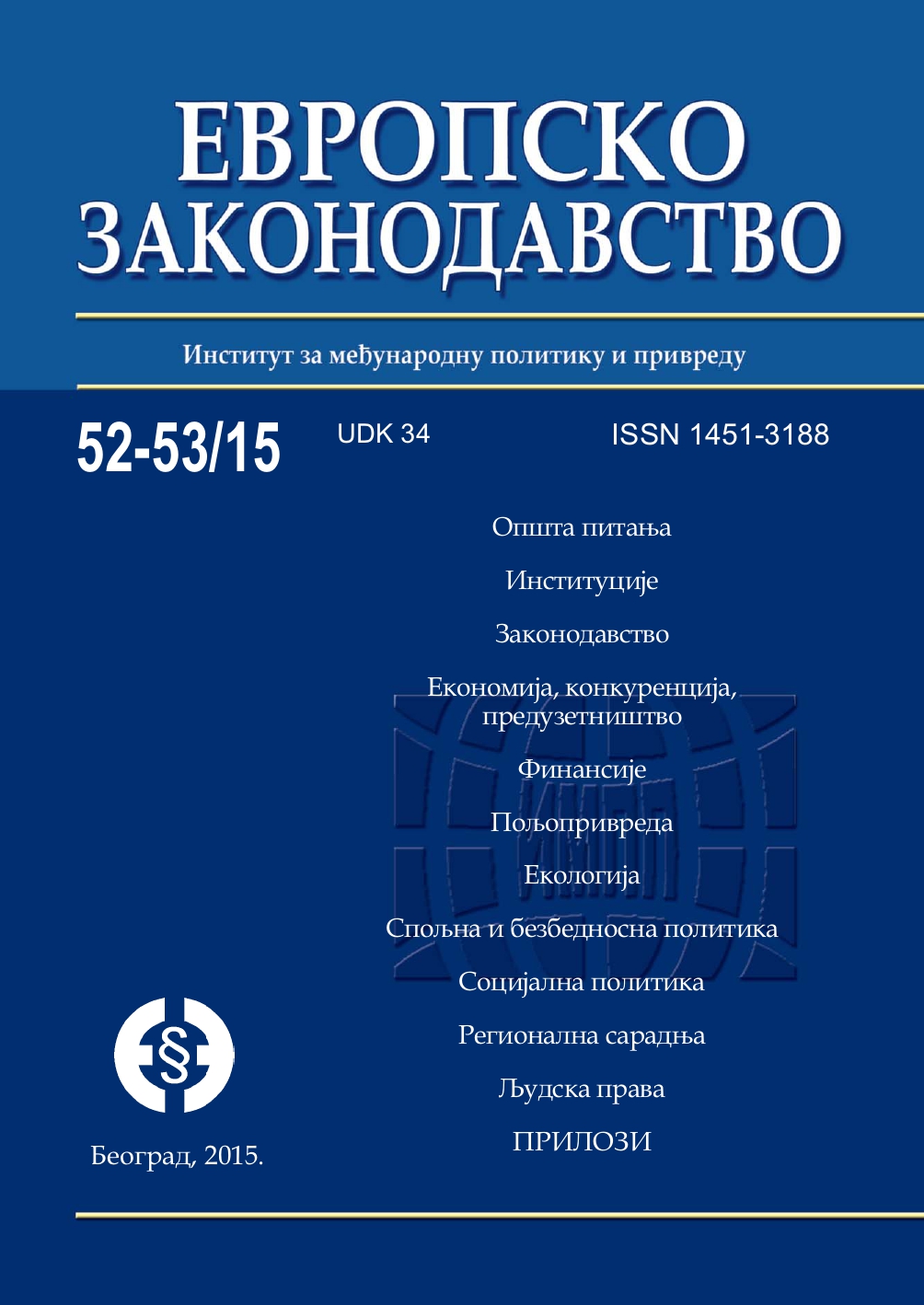Јавнобележнички депозит у упоредном праву
Notary deposit in comparative law
Author(s): Milena Trgovčević ProkićSubject(s): Comparative Law
Published by: Институт за међународну политику и привреду
Keywords: notary public;deposit;preventive care;dejurisdiction;the probative power;document keeping;storage of things;trust business;contractor;legality;accountability;legal certainty
Summary/Abstract: Latin form of notaries adopted by our law provides that taking over the documents, money and securities of value storing and delivery fall within the scope of an independent competence of Public Affairs notary. He can perform these tasks also by court order, but also the competitive jurisdiction of the court is reserved. The public notary deposit has the purpose to protect against the risk of counterparty failure to fulfill obligations, as in the phase of concluding the contract, where the free will by the parties, so that to the forced fulfillment of obligations can only come by legal action. The essential difference between the court and public notary deposits exists in the way of providing protection to the parties. The court may order admission to the Court, money, valued documents when it is opposed by another party. However, this difference does not always manifest, due to the jurisdiction of the court, when this jurisdiction manifests itself as a competitive competence in the care of documents such as, for example, depositing legacy. The institute of public notaries in the process of deposit permits the release of courts in terms of unnecessary case management by the court order in inheritance or individual rights that have no professional executor, in enforcement proceedings. The confession of notaries - storage of documents, money, valuable documents and other, as well as other similar businesses that are now mostly made in extra-judicial proceedings, leads to the relief of the courts and the increase of their work in resolving disputes between legal entities, and thus to faster realization of citizens' rights for achieving legality.
Journal: Европско законодавство
- Issue Year: 2015
- Issue No: 52-53
- Page Range: 114-134
- Page Count: 21
- Language: Serbian

